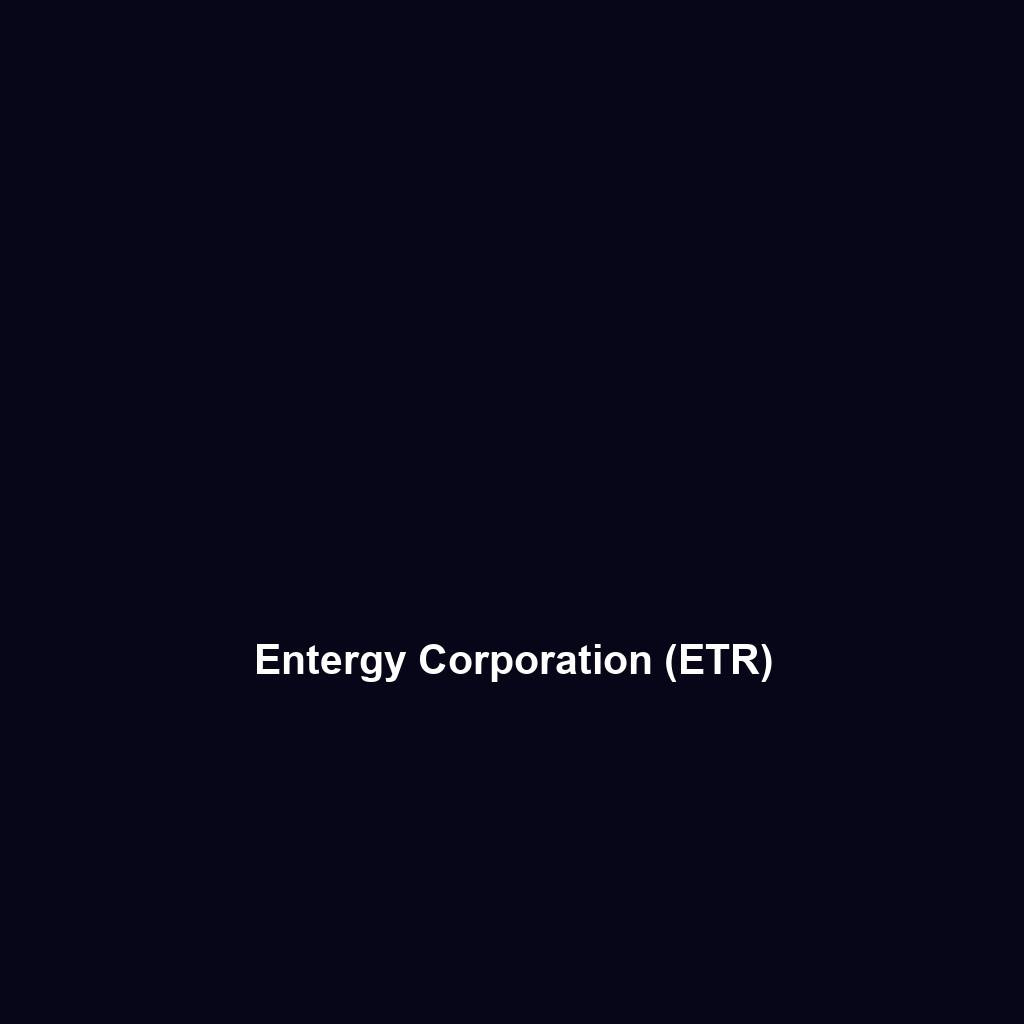Your cart is currently empty!
Meet Gautam Adani: The Billionaire Tycoon Charged with Bribery
Indian billionaire Gautam Adani has long been a prominent figure in the global business landscape, known for his expansive conglomerate, the Adani Group. However, his legacy is now overshadowed by serious allegations of
bribery stemming from a U.S. investigation. This article explores his rise to prominence and the implications of these charges.
The Rise of Gautam Adani
Born on June 24, 1962, in Ahmedabad, India, Gautam Adani began his career in the diamond trade before pivoting to the burgeoning energy and infrastructure sectors. He founded the Adani Group in 1988, which has grown to encompass various sectors including energy, transportation, agriculture, and defense.
Under his leadership, the Adani Group gained a reputation for its aggressive expansion strategies. The company is now one of India’s largest conglomerates, contributing significantly to the country’s economy. Adani’s vision has often been aligned with the Indian government’s goals of infrastructure development and energy independence.
U.S. Bribery Charges: An Overview
In October 2023, U.S. authorities charged Gautam Adani and members of his conglomerate with bribery and corruption linked to government contracts. The charges allege that the Adani Group funneled significant sums of money to public officials in order to secure favorable treatment and lucrative contracts in various sectors, particularly in the energy market.
The specifics of the case have not been fully disclosed; however, the charges represent a significant escalation in the scrutiny of Adani’s business practices, particularly in light of international regulations aimed at preventing corruption.
Impact on the Adani Group
The bribery charges have raised eyebrows not only in India but also globally. The Adani Group’s share prices fell sharply following the announcement, reflecting significant investor concern. The company has issued statements denying all allegations, describing them as baseless and an attack on its integrity.
Industry experts suggest that the outcome of this case could have profound implications not just for the Adani Group, but for business practices across India. As investors weigh the risks of investing in companies with links to government dealings, transparency in business operations may become increasingly critical.
Reactions from the Business Community
The reaction from the broader business community has been mixed. Some business leaders in India have expressed concern about the implications these charges have on the image of Indian entrepreneurship, while others remain supportive of Adani, pointing to his role in creating jobs and fostering industrial growth.
Experts argue that a fair judicial process is essential to addressing these serious allegations. Ravi Kumar, a senior professor of trade at a leading Indian university, notes, “The Adani Group has been pivotal in transforming India’s economy. However, accountability is key, and the charges must be examined thoroughly.”
Political Ramifications
The charges against Adani also carry political implications that should not be overlooked. His close ties to the Indian government, particularly to Prime Minister Narendra Modi, have been a topic of discussion for years. Critics argue that Adani’s rise is a reflection of crony capitalism, where wealth and political connections intertwine.
Political analysts suggest that these latest developments could stir up opposition parties aiming to capitalize on public discontent regarding corruption in governance. Adani’s case may become a focal point in upcoming electoral discussions as parties position themselves on the issues of transparency and corporate governance.
What Lies Ahead for Gautam Adani
As the U.S. investigation unfolds, the future for Gautam Adani remains uncertain. The businessman has maintained a public profile, continuing to advocate for infrastructure improvements and economic growth in India. However, the legal challenges ahead could dampen his influence and impact his flagship projects.
Legal experts predict a lengthy process ahead. Anjali Mehta, a London-based corporate attorney, states, “These cases can take years to resolve. Adani will need not just legal representation but also to restore confidence among his stakeholders.”
Conclusion: A Cautionary Tale
The saga of Gautam Adani serves as both a story of remarkable ascension in business and a potential cautionary tale about the pitfalls of power and influence. As charges of bribery loom over him and his empire, the case could redefine corporate governance standards not just in India but globally.
As investigations continue, both eyes and ears will be aimed at the unfolding drama, making it clear that the repercussions of these allegations will be felt well beyond the courtroom.




